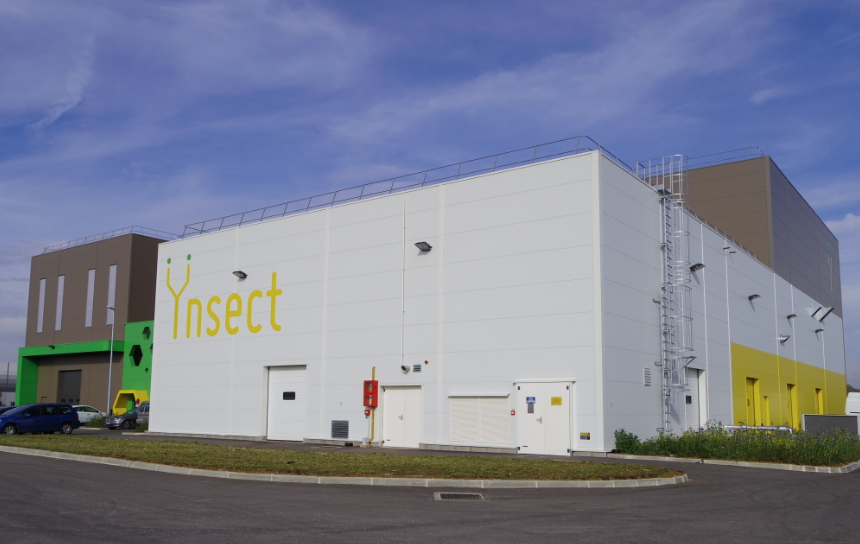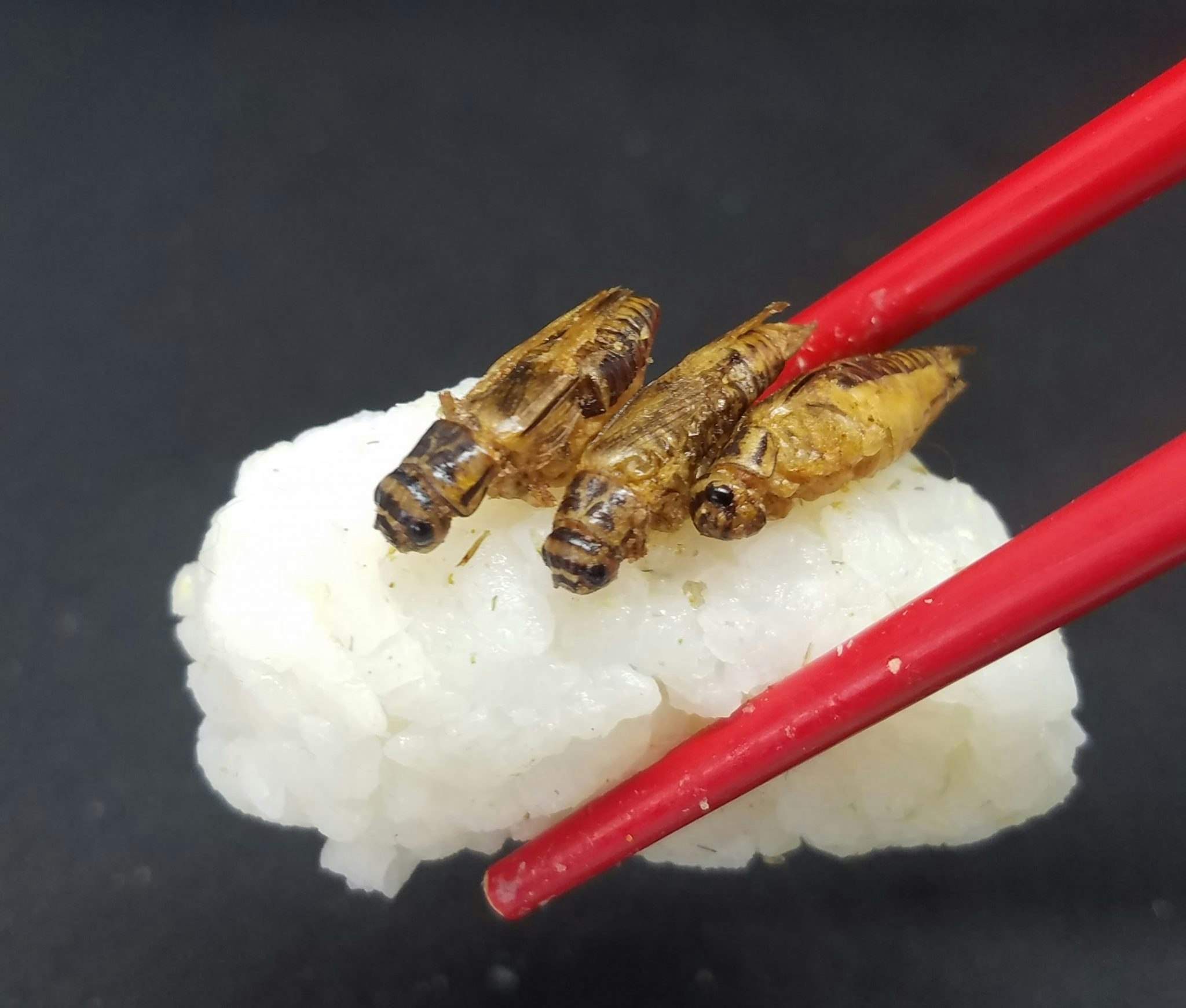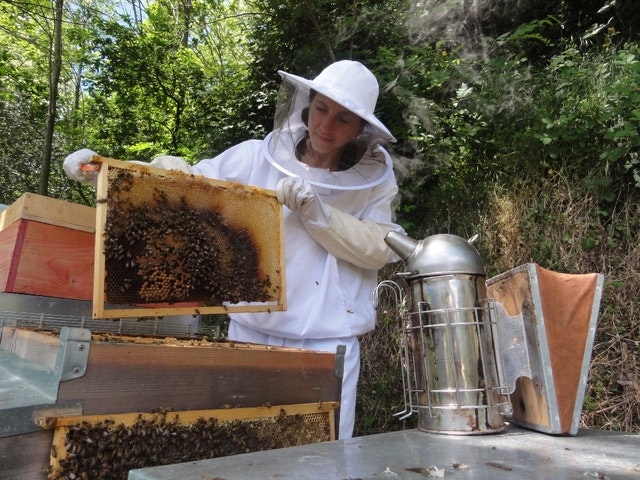The European Union has made its first ever sizeable investment into an insect farming startup, in a sign that policymakers are finally taking seriously the concept of making insect-based protein at an industrial scale.
The European Commission, the executive body of the EU, on Tuesday said that it had provided €20m in backing for Ynsect, the mealworm farming company, in a boost to the whole sector which is looking for cheaper and more environmentally friendly forms of food.
Ynsect plans to produce 1500 tonnes of mealworm protein a month at its Amiens plant.
Around 50 insect farming companies worldwide have raised a total of $480m to date, but Ynsect, founded in 2011, is among the best-funded of the lot. These companies are convinced that insects should be used far more as a protein source to help feed a world population of 9bn people by 2050.
The EU is known for supporting farmers through its €58bn Common Agricultural Policy, but this Ynsect investment is the first time it has provided support for insect farmers at this scale.
Ynsect makes animal feed and fertiliser from mealworms, or Tenebrio Molitor larvae, and is aiming to produce protein at the rate of 1500 tonnes a month at a fully-automated factory in Amiens, in northern France.
The company uses vertical farming techniques and robots to try to bring down the cost of producing insect protein, which up to now has been too high to be a viable competitor for other proteins such as fishmeal.
Antoine Hubert, founder and chief executive of Ynsect said the project would "lay the foundations for a new protein supply chain to meet the world's immense food challenge".
Insects have been identified by the United Nations as a food source with less environmental impact than conventional farming; mealworms eat food waste products, such as spent grain from the brewing industry, and give off fewer greenhouse gases than other livestock.
To be clear, the €20m backing for the Ynsect plant does not come from the European Commission’s agricultural budget, but from the research budget, part of the Bio-Based Industries Joint Undertaking which invests in factories working in the bioeconomy sector. However, it is a signal that the Commission is prepared to take insect farming seriously.
The Commission has already been helping insect farming grow by removing some of the restrictions on feeding insect protein to farmed fish, with restrictions on chicken and pig feed due to follow.
Ynsect has so far raised more than $175m from investors, making it the best-funded of Europe’s insect farming startups. The company already employs some 110 people at a pilot facility in Dôle, in the Jura region of eastern France, but is expecting to create some 1200 direct and indirect jobs when the Amiens plant opens in 2021.



